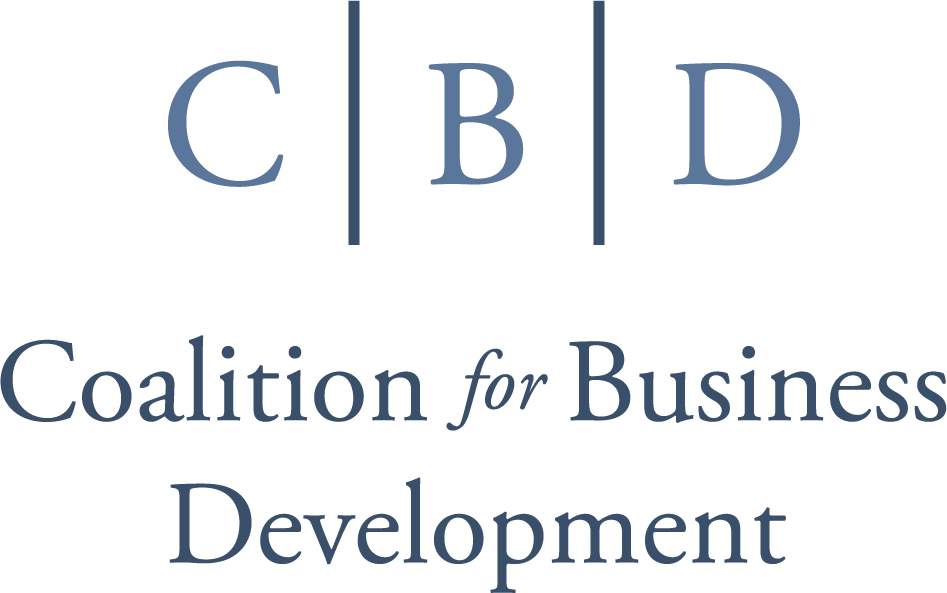David Brooke
NEW YORK, Sept 3 (LPC) - Business development companies (BDCs) are becoming increasingly vocal as they look to push the Securities and Exchange Commission (SEC) to exempt the industry from reporting requirements that they argue are curtailing the liquidity in the market and limiting its potential for growth.
The Coalition for Business Development (CBD), a BDC lobby group, on Tuesday put forward its own proposal to the existing Acquired Funds Fees and Expenses (AFFE) that the SEC adopted in 2006 and has since reduced the participation of institutional investors in the market.
“The current classification of BDCs harm institutional ownership and ‘Main Street’ BDC investments along with it,” said Joseph Glatt, chairman of the CBD.
AFFE rules require investment companies and mutual funds investing in BDCs, which are a source of initial capital for small and medium companies, to include an additional line of expenses outlining the fees and operating costs charged by the BDC.
Though the SEC has argued that the requirement helps improve transparency in the market, BDCs have said it distorts expense ratios making them prohibitively expensive for a number of institutional investors that could have otherwise been attracted by the vehicles’ high dividend yields.
In December the SEC kicked off a consultation on a broader fund of funds reform proposal that included views on the impact of AFFE on BDCs.
In its letter to the SEC, the CBD proposed that a BDC should be treated no differently than an investment in an operating company and that a BDC’s expenses should be included in a Statement of Additional Information (SAI) disclosure.
Under the CBD’s alternative proposal, a SAI disclosure would detail the BDC’s operating expenses. Any costs would be factored into the BDC’s trading price. The argument is that any expenses would be reflected in the fund’s total return.
The CBD said that within such a model it would no longer be necessary for the BDCs to be reported within a prospectus fee table and remove distortions in the expense’s ratio of an acquiring fund.
“Our proposed changes to the AFFE rule will help ensure entrepreneurs have access to the capital they need to grow and thrive, while investors receive the meaningful and accurate disclosure of fees they need and deserve,” Glatt added.
DELISTING EFFECTS
After the adoption of the AFFE rule, BDCs were delisted from multiple fund indices, including the S&P and Russell in 2014.
The CBD argued that the AFFE was the primary reason for the vehicle’s removal.
Since 2014, asset growth among public BDCs has remained flat, hovering around the US$50bn-US$60bn mark, Wells Fargo and BDC Collateral data shows. This is at time of rapid growth of alternative lenders in the middle market as banks continue to lose market share.
The majority of growth has been in the private BDC space. Total assets under management in the combined spaces is US$106bn, according to Wells Fargo and BDC Collateral.
Following the delistings, BDCs on average have traded below their net asset value and have since never fully recovered. BDCs traded at 0.89 times NAV in June, according to Refinitiv LPC.
“Though the BDC industry has grown by some measures, it is likely the industry would have experienced more significant growth and institutional investor involvement if BDCs were not removed from the indices,” the CBD said in its letter.
(Reporting by David Brooke. Editing by Michelle Sierra and Kristen Haunss)
